Why big bang change is set up to fail
Photo by Diego Jimenez on Unsplash
When you think about change, do you think about how big it is or how small? Many of us make the mistake of thinking of change as bigger than it is, and truly, when we are talking about transformation, we’re talking about looking at where we are today, and having a vision that we will end up somewhere completely different. That’s huge!
But the truth is that transformation doesn’t happen all at once; it happens in increments.
Making change implementations successful is one of the hardest things to accomplish. Often, the point of failure is that people naturally want to rush through the process and get to the finish line as quickly as possible. So, what do we do? We try to do everything, all at once. Something I like to call the Big Bang.
Why “Big Bang” change doesn’t work
Humans are creatures of habit. We are built to conserve energy both in our bodies and our brains. I’ve talked about this in the change course podcast (check out the episode called “Ebb and Flow” for more on this) Now, I could go deep into neuroscience (but I won’t), the main thing we need to remember is this. Our habits are like highways. The more we do the thing, the more we build on that highway. Soon, what was once a small 2 lane road, is now a 6-lane superhighway. We’ve gone from building a small road to getting so good at a habit that it becomes as easy as pulling onto an on-ramp and turning on the auto-pilot.
When we start something new, its like clearing the forest with a chainsaw and a bulldozer. Hard, taxing and exhausting. Our brains are primed to make things easy, conserve energy, and go on autopilot as much as possible.
Here is the thing: Because we are so used to our habits and driving on the big six-lane superhighway, we *think* that transforming is just driving onto a new superhighway, but its not.
Big Bang change is like trying to build an entire city road infrastructure on what was once a pristine forest and everyone is asking why the highway isn’t built yet.
In short, big bang change taxes our *cognitive load* too much. Yes that’s a fancy word, but what it means really, is: too many chainsaws, too many bulldozers and too many trees.
Big bang change is hard because it challenges us to change too many habits, too many connections in our brain all at once. When you try to do this at an organizational level, the effect gets amplified. Its chaos. So, you can understand why, there is resistance, why people want to abandon the change and return to the old way of doing things!
Making Big Change Successful
So, if big bang change doesn’t work, how do we get to our goal? We must break down the change into increments, and as soon as one part takes hold, we move quickly onto the next. When I’m working with organizations through this challenge, I’m thinking about:
Which changes reinforce one another or make future steps in the process easier. (More on this? Check out this episode of change course where I talk about habit stacking)
Can we look at implementing different parts of the change to impact different teams and different times?
Are there areas of high risk or uncertainty where we could test or pilot changes, and engage in continuous improvement before opening up to everyone else?
How are we spreading out the change over the whole timeline of the transformation?
How are we measuring and defining change uptake so that we know when it is time to move on to the next change?
A the tools I find useful is a transformation roadmap. (Sign up for the navigator newsletter where you can get the exclusive templates that I share with subscribers). This helps communicate the priority items, sequencing and timeline for changes, that will ultimately get us to the transformation goal and help leadership understand that a big bang change is not going to help them get to their goal faster, with less cost or burden on their teams.
What has been your experience with big bang change? Has it worked for you?
Looking for more? Listen to the Change Course podcast and sign up for the Navigator Newsletter!

